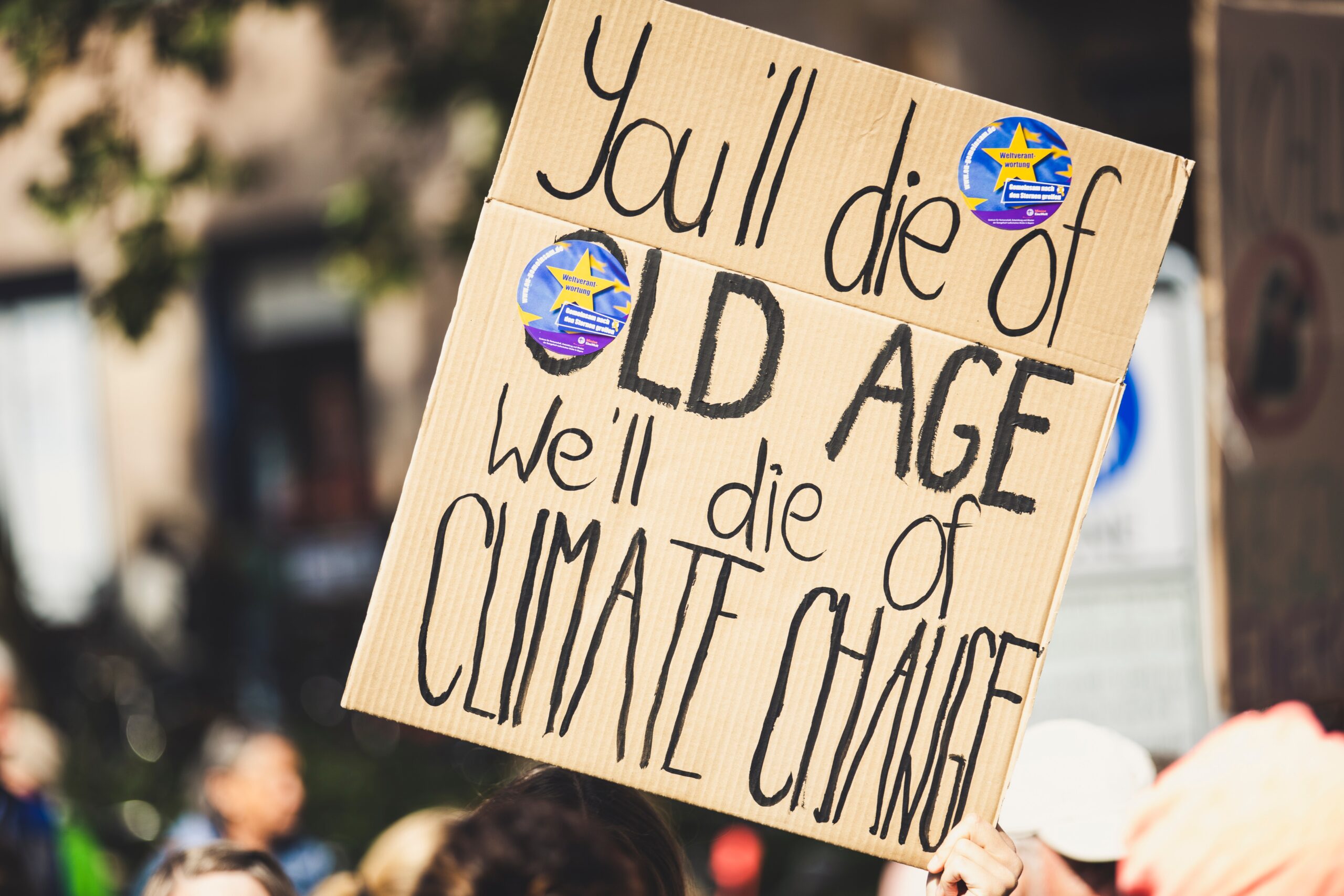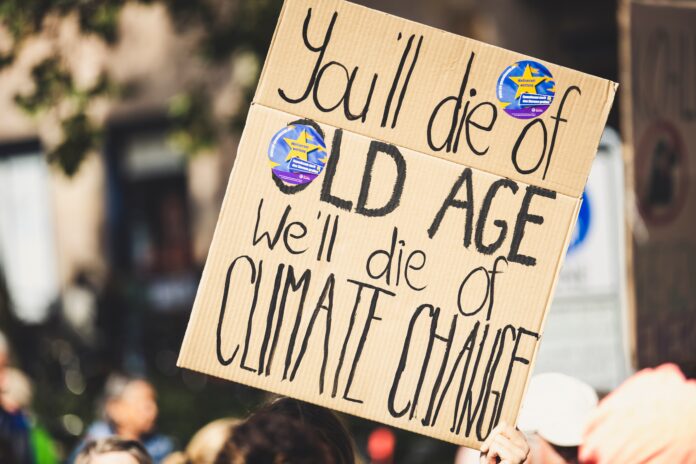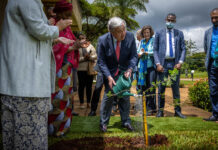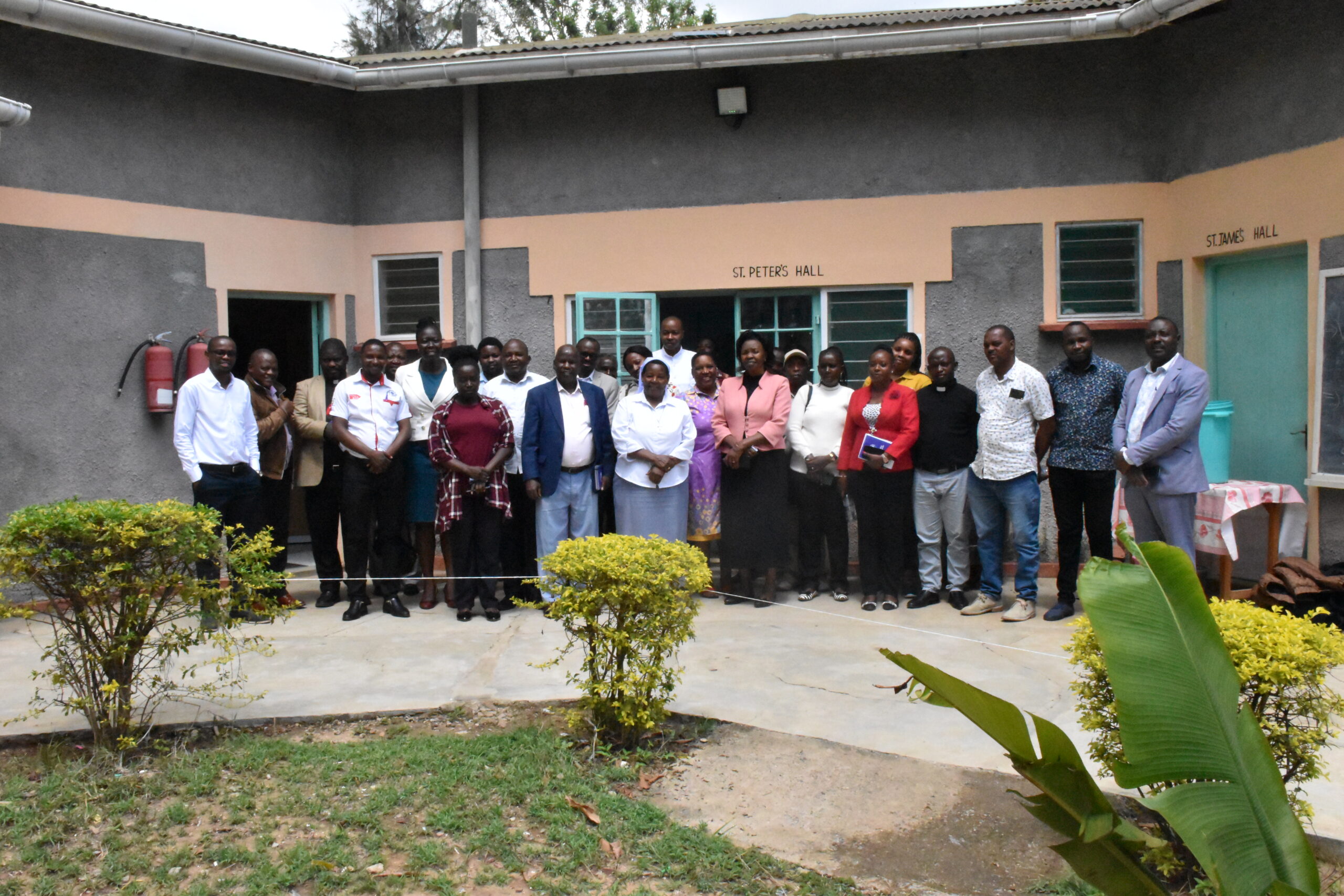By Scovian Lillian
Nairobi, Kenya: African leaders and delegates concluded the Africa Climate Summit in Nairobi last week, focusing on driving green growth in Africa and climate finance solutions for Africa. A new report by ActionAid shows that leading banks have pumped $3.2 trillion towards the expansion of fossil fuels since the Paris Agreement with $370 billion being funneled into the second major cause of climate change, industrial agriculture.
The report titled “How the Finance Flows; Banks Fueling Climate Crisis shows that causes fueling the climate crisis are receiving an annual average of 20 times more financing than the solutions
According to the Intergovernmental Panel on Climate Change (IPCC), fossil fuel emissions from industries are the dominant causes of global warming.
Bank financing provided to the fossil fuel industry in the Global South reached an estimated US$3.2 trillion in the seven years since the Paris Agreement on Climate Change was adopted, with US$370 billion provided to the largest industrial agriculture companies operating in the Global South as per the report.

More than 100 countries in the Global South whose local fuel is oil, coal, and gas were analyzed in the financial flows in the report. The HSBC Bank, Citigroup, and JP Morgan Chase are the top banks funding the climate crisis.
“It is easier for banks to pump money into developing countries rather than European countries because people feel that Africa is far away from their boardrooms. Even though their decisions have an impact on the ground, they don’t feel the real consequences, that is why as civil society groups and communities we need to raise our voices and confront the banks with the consequences of their decisions”, said Teresa Anderson, Global lead for Climate Justice at ActionAid and author of the report.
She added that Global banks often make public declarations about addressing climate change yet the scale of their continued financing of fossil fuels and industrial agriculture is staggering furthering that African communities, Asia, and Latin America are suffering the impacts of decisions made in distant banking boardrooms.
By financing fossil fuel and industrial agriculture in the Global South, banks are condemning communities to the cruel combination of landlessness, deforestation, water pollution, and climate change. With this report, banks can no longer pretend that the issue is out of sight, out of mind.
Anderson said that pumping so much finance flows into industrial agriculture can be re-directed to the grassroots level where communities feel the real impacts of climate change to meet their solutions needs.
“Malawi is for example spending 75% of its national agriculture budget subsiding fertilizers. If they use that money to train farmers in agroecology, the farmers need the training once, or twice in their lives then they have the solutions. They have a list of solutions to use nature to strengthen soils, ensure fertility, increase crop diversity, and adapt more climate change resilient strategies while avoiding missions associated with industrial agriculture”, Anderson said in an interview.
Sydney Otieno a smallholder farmer said: “Global corporations responsible for climate change caused by fossil fuel industries were all at the summit talking about building financial partnerships, but climate change is caused by the dysfunctional systems that we have today. This can be changed by involving the real people on the ground who feel the real impacts of climate change like farmers”.
He was speaking during the People’s Climate Summit event in Nairobi.














